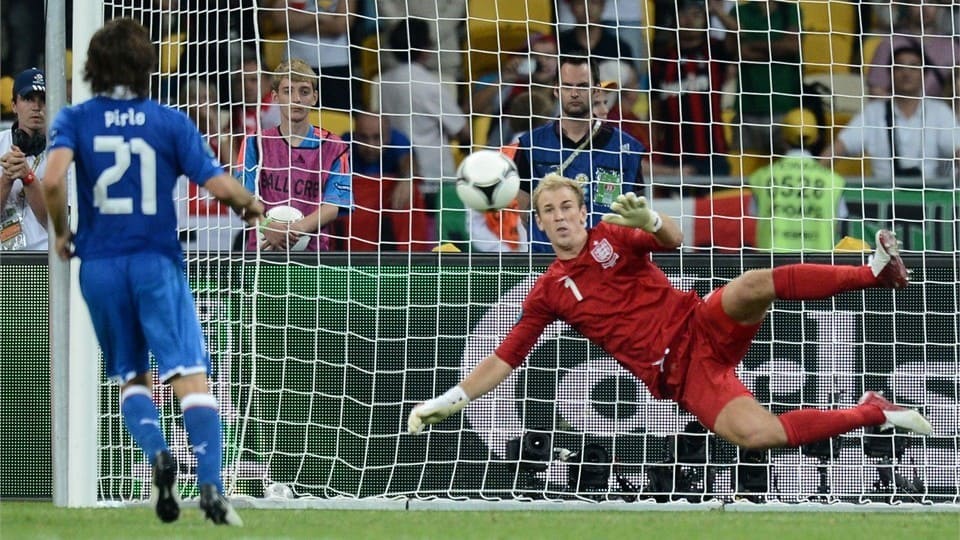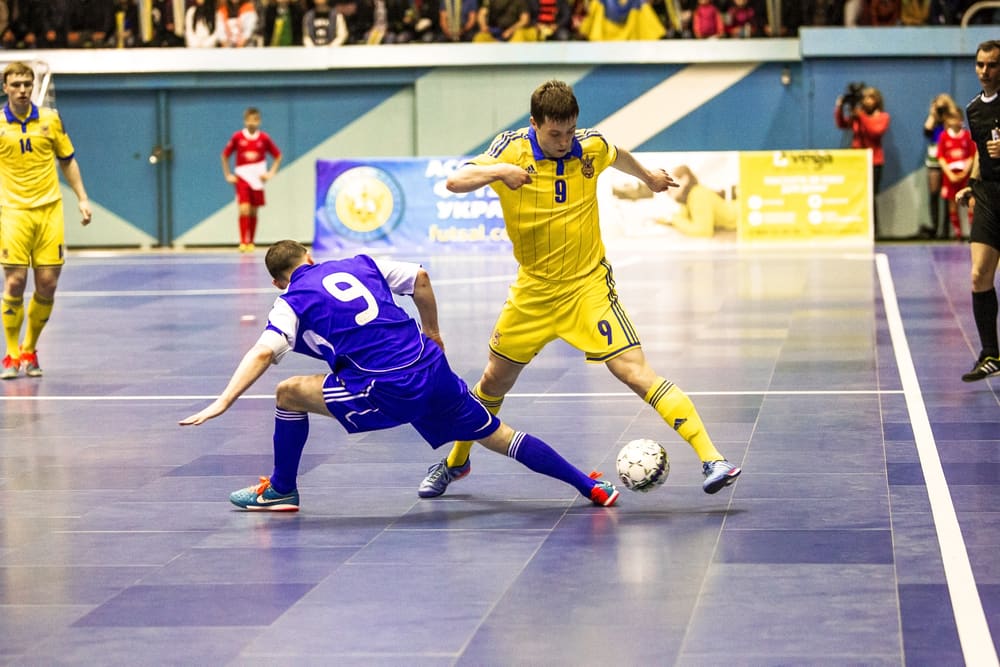Contents:
- Medical Video: Sick of Your Child Lying? This is How to Make it Stop.
- Under 5 years of age (toddlers)
- How to deal with it
- Ages 5-8 years old
- How to deal with it
- 9-10 years old
- How to deal with it
- 11-12 years old
- How to deal with it
- Ages 13-17 years old
- How to deal with it
Medical Video: Sick of Your Child Lying? This is How to Make it Stop.
As a parent, you certainly don't want your baby to grow up to be a liar. Especially if the child lies to you. Unfortunately, you cannot always control and stop children from lying. All you can do is instill honesty values and assert to children that lying is not the answer to any problem.
Then, what should be done if one day the child is caught red-handed lying? You certainly need a special approach in dealing with this situation. The following is a guide to dealing with children who lie, according to the age of the child.
Under 5 years of age (toddlers)
You might be surprised because since the age of a toddler, a child can lie. However, at this age the child may not fully understand the matter of lies. In his mind, children are only creating interesting stories. Sometimes toddlers will also lie when overwhelmed with emotions, for example when fighting with a brother or sister. Children can accuse their siblings of spilling milk because they are fighting about something.
How to deal with it
To deal with lying toddlers, you need a gentle and caring approach. For example, your toddler tells you that on the way home from grandma's house, she saw a creepy monster. Respond casually, but still show the child the boundary between reality and imagination. You can say, "Wow, it's so scary, kid? Maybe if the story was made into a fairy tale or was drawn, Father / Mother would be very happy to see it. "
If your toddler lies to avoid problems, try to get what he wants, or because he is emotional, don't get angry right away. When your child says that he has finished eating even though he hasn't, show the child that you always know when he is lying. Tell the little one, "Oh, huh? Then why is your plate still having rice? Remember, you promised to eat before watching TV. "
READ ALSO: Creating Good Eating Habits for Your Children
After the child has kept his promise, approach the child and explain to him that lying is not good. Toddlers will not understand the meaning of your words if you yell or scold a child for their lies. So, always talk slowly.
Ages 5-8 years old
At this age, children usually start lying to avoid their responsibilities. Children aged 5-8 years just really want to play, even though he already has various responsibilities in his life and must learn independently. The lie that is often said is to brush teeth and have tidied up the toys. Usually they also can learn to lie or exaggerate things from other people, such as brother or friend. You might catch a child telling his cousin that his room in the house is very large and the number of dolls he has is more than 50.
How to deal with it
If you catch a child lying, wait until you are alone with him. Only then can you talk to him. Do not rebuke or criticize the child in front of others because this will only make him hurt. Even children can only focus on this negative emotion, not on the subject of honesty. Avoid giving punishment because punishing habits will encourage children to lie more often to avoid problems and responsibilities.
READ ALSO: Saying "No" to Children, Good or Bad?
Instead, focus on the reason the child is lying. Ask carefully the reason, without a judgmental tone. From there, find a solution to overcome the child's main problem. For example, your little one lied to his cousin because he was jealous of his cousin's toy collection. Teach children the importance of being grateful, but also admit that envy can sometimes arise. That way, children will also find other ways to control negative feelings.
9-10 years old
This is a very important age for the formation of a child's mindset. The child is big enough to consider all his actions and words, so the child must also learn that each action will have consequences. In this age range children usually lie to avoid responsibility and problems. Often, children will lie when they are afraid to disappoint others or to seek attention.
How to deal with it
When catching a child lying about the poor value of the test, explain that if the child is dishonest, you and your partner will find it difficult to help them take lessons at school. However, you must remain firm and have appropriate consequences. Don't punish him by confiscating gadget-or forbid children from playing. It's better to tell him that because of a lie about the value, the child's study time will be added. That way, the child will learn that every action has consequences.
READ ALSO: Raising Children Under the Care of Gadgets, What Is the Impact?
11-12 years old
There are various reasons children lie at this age. Usually this concerns freedom, privacy and child's identity. At this age, the child may feel he deserves the freedom and privacy of his parents. For example, going to the mall without supervision of adults, watching movies intended for adults, or staying up all night. In fact, children may not be mature enough to do these things.
How to deal with it
You must be straightforward when faced with preteens who lie. Don't be convoluted because the child will look for loopholes to justify his actions. If children lie that their parents are accompanying them when their children and friends go to the mall, invite their children to talk from heart to heart. Point out that you do not like it when children lie and that action is not acceptable. Then, explain to the child what might happen if the child lies. For example, children may get lost or if someone suddenly falls ill, no adult can give help.
Also say that when the time comes, you will certainly allow the child to go alone without adult supervision. Convey to him, "Father / Mother instead of forbidding you to leave. However, we are very worried if there is anything. So that we can trust you to go alone, you must always be honest with us. If you are honest, Father / Mother must be more relieved and you don't need to bumping around. "Also discuss about what choices the child could take at the time other than lying. After talking, ask the child if your intentions are clear.
READ ALSO: 5 Characteristics of Facial Expressions When Someone Is Lying
Ages 13-17 years old
Be careful of the lies your teen says. In this phase, the child is trying to determine his own identity. Sometimes, this means staying away from family and interacting more with friends. As a result, children also avoid and ignore your advice. Intercourse can also be one of the factors that pressure children to lie. Teenagers also usually lie so that they can be released from various kinds of regulations that curb it.
How to deal with it
To deal with lying teenagers, pay attention to the type of lie. If your child crosses course or school, follow it firmly. However, don't reprimand teenagers when you are emotional. Calm yourself first, then talk. Point out that there are times to play and there are times to learn or carry out their responsibilities.
READ ALSO: 5 Types of Bullying that Parents Must Know
Always show your sympathy and offer a solution to the problem, for example by saying, "Father / Mother also used to be bored having to study. But, at that time Father / Mother looked for other ways to make learning more fun, for example making comics about history lessons when stressed in class. "Don't forget to tell your teenagers that you and your partner love them. When fighting, sometimes you and your child can forget that the most important thing is not punishment, but love.
If your teen's lie isn't so bad, you still have to take action. For example, a child claims to have done school work so he can go with his friends. Help the child to reassess the priorities and decisions that he took at that time. Adolescents may not accept it and instead pout when told, but you don't need to be angry. Give your child time to process your words and actions.












